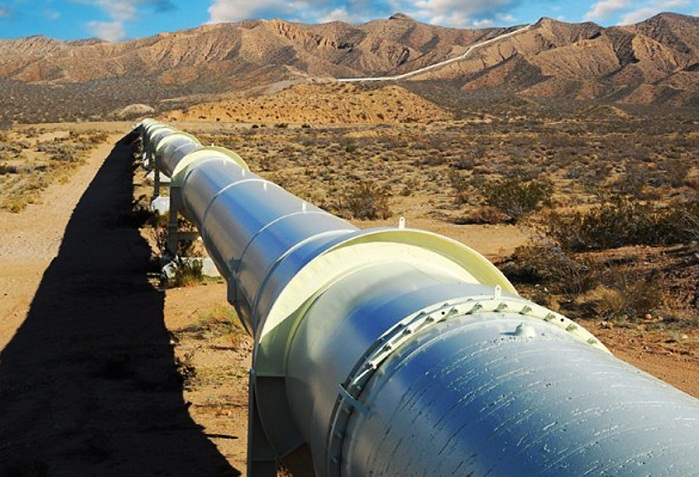As Reuters reported March 25, Maros Sefcovic, the EU`s head of energy union, is going to visit Turkmenistan in coming months for talks on the Trans-Caspian Gas Pipeline.
The Western media outlets said that among the interested companies there are BP, Statoil, Total and others that have deployed business in Azerbaijan, as well as RWE and Eni, which already have an agreement with Turkmenistan on geological exploration in the Turkmen sector of the Caspian Sea with a prospect of gas purchases.
Turkmenistan is a key player in the gas market in the Caspian region and Central Asia.
When talking about construction of a pipeline to Europe, the most optimal route would be laying a 300-kilometer gas pipeline across the Caspian Sea to the coasts of Azerbaijan, which has at its disposal an appropriate infrastructure for the re-export of Turkmenistan`s gas to Turkey and further to Europe.
Back in Sept. 2014, Turkmenistan`s President Gurbanguly Berdimuhamedov said at a summit of the Caspian states` heads in Russia`s Astrakhan, that his country continues to believe in the realization of the Trans-Caspian Gas Pipeline project.
"Turkmenistan is firmly convinced that the construction of such pipelines is the sovereign right of the states through the bottom section of which they run," Berdimuhamedov said. "Therefore these pipelines can be constructed only with their consent, naturally in compliance with the highest international environmental standards."
"The provision of a durable stability and security is the main condition of our successful cooperation in the Caspian Sea, and a key to solving all the existing issues," the president added.
Ranking fourth in the world in terms of natural gas reserves, Turkmenistan seeks to significantly expand the access to international gas market, to efficiently use of its natural resources. Currently, Turkmenistan`s gas is purchased by Iran, Russia and China.
In early March, Turkmenistan`s Petroleum and Mineral Resources Ministry said the country announced that an active work is underway to supply from 10 to 30 billion cubic meters of gas per year to the European market.
The ministry said the RSK Environment Ltd. carried out the preliminary environmental studies upon the World Bank`s order.
The examination confirmed that from an environmental point of view, the Trans-Caspian Gas Pipeline is a safe route, and today, Turkmenistan and Azerbaijan have every opportunity to implement the project for its construction as part of bilateral activities.
The deposits of the Turkmen sector of the Caspian Sea may be the resource base for the gas supply via the Trans-Caspian Gas Pipeline at the initial stage, said the ministry.
And in this case the reference was made to the European experts, who believe that the presence of the already explored and proven natural gas reserves in the Turkmen sector of the Caspian Sea makes it possible to supply 16 billion cubic meters of gas per year in this direction.
In the future, there will be an opportunity to use the resources of gas fields in eastern Turkmenistan to supply gas through the Trans-Caspian Gas Pipeline. This will be possible after the commissioning of the East-West gas pipeline with a pumping capacity of 30 billion cubic meters per year. Its construction will be completed this year.
The project for the Trans-Caspian Gas Pipeline could become a part of the TANAP project, which has Ankara and Baku as active participants.
Azerbaijan expressed readiness to provide its territory, transit opportunities and infrastructure for this project`s realization.
TANAP envisages the transportation of gas of Azerbaijan`s Shah Deniz field from the Georgian-Turkish border to the western borders of Turkey.
TANAP`s initial capacity is expected to reach 16 billion cubic meters of gas per year. Around six billion cubic meters of this gas will be delivered to Turkey and the rest of the volume to Europe.
More about:
















































